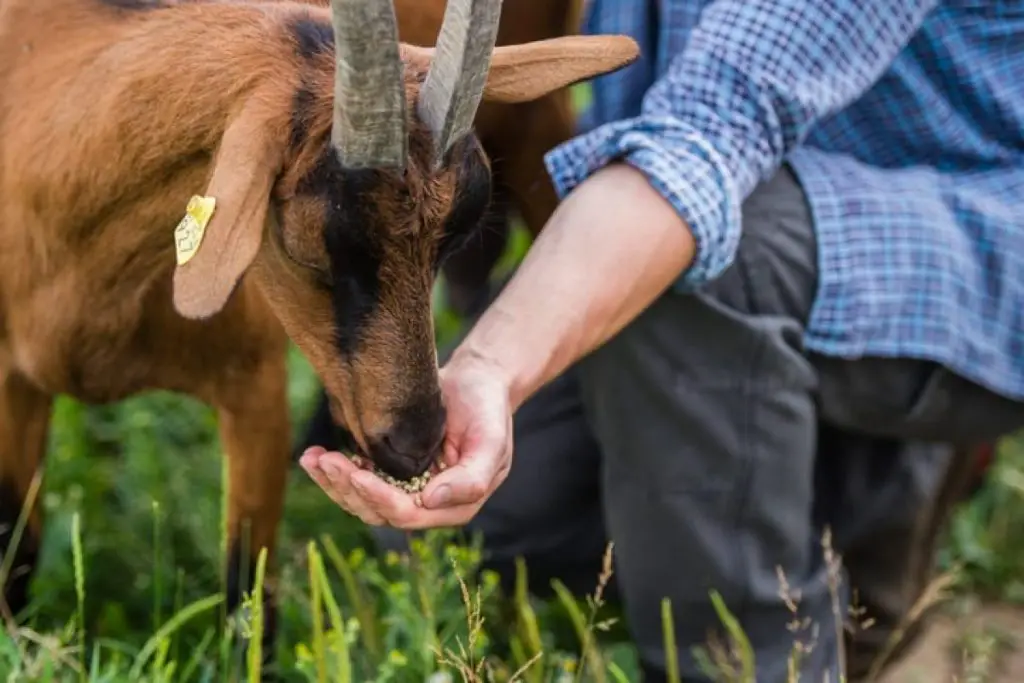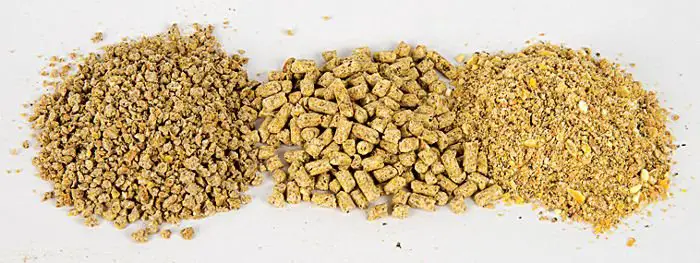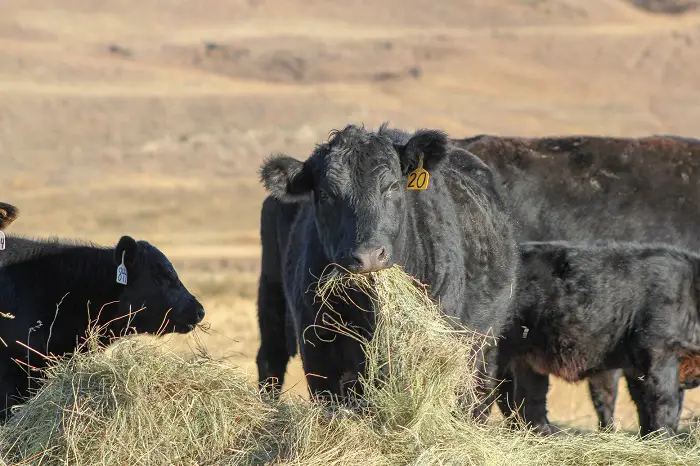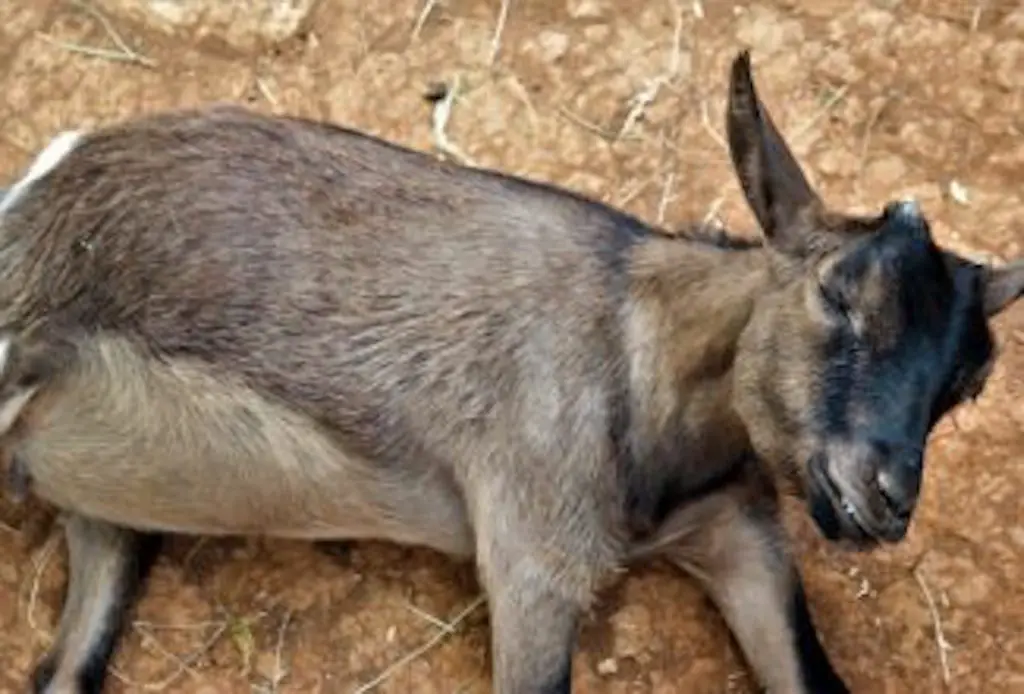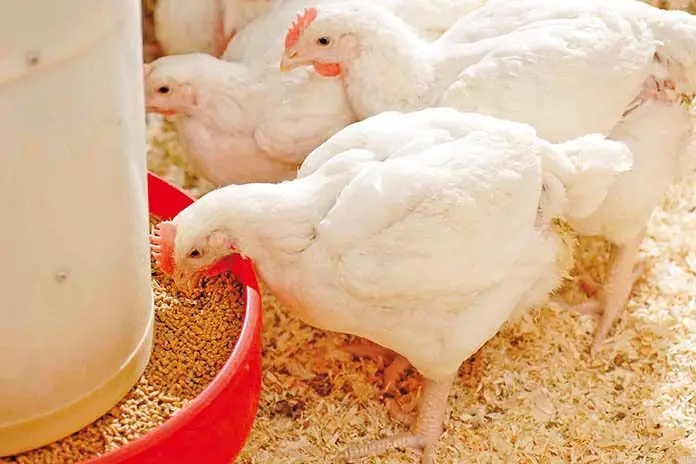Goats have a global significance. There are several regions in the world where goats are sought after. That is why goat production can be done for domestic and foreign markets. Raising goats for commercial purposes is relatively low-cost. Goats are hardy which often reduces feeding costs. Plus, what goats prefer to eat is broad and diverse. That, however, should not fool you into thinking goats can eat anything. Sure enough there are foods goats may prefer. Knowing those foods is essential. More importantly though is to know what not to feed goats. Let us look into that.
Contents
Caffeinated Foods
Goats must not eat any food that contains caffeine. It is important to consider that caffeinated foods are often processed and contain unhealthy amounts of sugar. Caffeine has been found to cause heart palpitations in goats. This will usually lead to blood circulation complications. There have been speculations with some saying coffee can help optimize the goat’s rumen. That is not a solid basis to feed goats with caffeinated foods. Caffeinated foods also place a strain on the goat’s digestive system. Goats do love and can eat caffeinated foods but they are bad for their health.
Meat Scraps Or Leftovers
The major reason why meat should not be fed to goats is the digestive system goats have. A goat’s digestive system is specially tailored to handle a plant-rich diet. That is why even grains should be fed sparingly to goats. Meat is even worse because it requires substantial digestive processes for it to be sufficiently broken down. A goat’s digestive system cannot handle meat. That is why indigestion can result from a goat eating meat. This is all worsened by the fact that goats do not have incisors. They also do not have canine teeth. This means they get to ingest meat literally whole, further complicating its digestion.
Processed Dairy Products
In general, a goat can eat dairy products. After all, when young, a goat does feed on milk. Goats can even be fed with cow milk in an emergency situation. It becomes a different story when it is processed dairy products. Processed dairy products should not be fed to goats for digestive reasons as well. The digestive system of a goat does not have the capacity to handle processed dairy products. This is in part due to the often high sugar (or salt) concentrations in processed dairy products.
Grains That Are Finely Milled (Or Ground)
Grains are of course part of what goats can eat. In fact, you can feed your goats with grains. You should not feed them too much grain though. The composition of grains in the goats’ total diet must not exceed 10 percent. You just have to make sure the goats only eat the grains whole. If the grains are finely milled they can be hard for the goats to ingest and digest. The incidence of bloating is highly likely when you feed goats with grains that are finely milled.
Sweet Foods
Here we are looking at a number of possible foods. This can also extend to cookies, chocolates and cakes. Chocolate is toxic to goats (and several other livestock as well). Chocolate contains theobromine and that is what makes chocolate toxic to goats. It is particularly toxic when goats ingest it regularly and in large quantities.
Theobromine has the effect of gradually dilating the goat’s blood vessels. This ends up restricting blood flow in its body. Generally, any sweet foods pose health risks for goats. Examples of such can be complications in their digestive processes. Typically, goats are not wired to digest sugar which is why its ingestion creates problems.
Garlic And Onions
You should never feed goats with onions or garlic. Even when you do not actively feed the goats with garlic or onions, keep them away from them. It may be possible you cultivate garlic or onions on your property. That is why you must put measures in place to bar the goats from having access.
Garlic and onions contain an alkaloid that can damage the red blood cells of the goats. Their red blood cells’ membranes and the haemoglobin get damaged. Bear in mind that haemoglobin performs the function of transporting oxygen from the lungs to the goat’s body. Thus by ingesting garlic and onions, it poses serious health complications that can be fatal.
Poisonous Plants
There are hundreds of plants that are considered poisonous to goats. To best understand poisonous plants for goats you need to grasp their composition. There are certain constituents of certain plants that make them poisonous to goats. For instance, plants that have alkaloids, cyanogens, saponins, and tannins are typically poisonous to goats. There are so many plants under each of those examples. No wonder why there are hundreds of plants that are considered poisonous to goats.
Some examples of plants that are poisonous to goats are hemp, allspice, nightshade, sorghum, buckeye, oleander, coffee weed, oaks, clover, and ground ivy, amongst others. Some other interesting examples are avocados and wild cherries. There is persin (a fungicidal toxin) in avocados which makes them poisonous to goats. You might want to consult experts when you are unsure about a plant that your goats may bump into.
Final Words
You may feed goats with foods they should not eat. You can do this out of ignorance. You could also expose the goats to foods they should not eat by mistake. That is why knowing what not to feed goats is important. Our discussion today has given you invaluable information on that. You do have a much bigger responsibility than just knowing. You have to be vigilant and actively put in place measures for goats to not eat what they should not. Do not get thrown off-guard when you notice the goats enjoying some foods we discussed today. Goats are adventurous animals that will nibble on anything they can reach. This is important because goats can eat anything they come across even if it is harmful.
